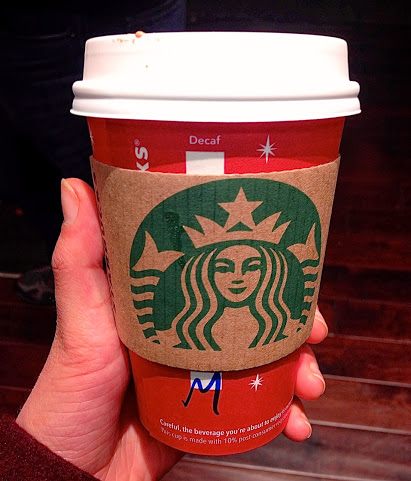
For many Dublin High students, drinking excessive amounts of caffeine, coffees, and sodas seems to be the way to stay alert and awake during the first few classes. But harmful effects on health can be right around the corner when people get too addicted to these caffeine filled beverages.
Caffeine is sometimes added to foods and drinks to add bits flavor. And today, according to Jonathan Whiteson, MD, of health.com, high school students on average drink about 109 mg of caffeine a day–equal to three 12-ounce cans of soda.
According to the Food and Drug Administration, it makes the heart beat faster, raises blood pressure, causes headaches, and dehydration. By increasing the release of acids into the stomach, it can also lead to an upset stomach– “heartburn.”
Even still, all these drinks that contain caffeine are no doubt quite delicious, and the idea that it helps keep people awake and energized can seem really nice when the day begins.
Junior Annalisa Watson, who drinks coffee daily during the mornings, explains its effects on her everyday activities.
“I get headaches if I skip a day and sometimes no matter how much I drink I don’t feel any more awake,” Watson says. “It helps me stay up and study, but when I’m exercising my circadian clock basically makes me go to bed no matter my caffeine intake.”
Drinking excessive amounts of caffeine-filled products leads to reliance on them to help move through daily activities–it becomes addictive. It changes the way the brain and body work, as well as feelings and behavior.
When people use it everyday, they don’t get the “good effects” of staying awake and alert all day long. These circadian clocks–natural 24-hour body cycles–change for a while, then when people get used to the effects, the cycles go back to what they were, unchanged.
“Coca-cola makes me stay awake, which is helpful for some days, but has a downside on others when I need to sleep,” sophomore Sriya Koli says.
On huge tests days, it can definitely help, but in the long run it only changes the body’s natural cycle. It helps to stay awake in certain situations, but when people want to sleep, it only becomes more difficult.
“It’s not a good substitute for water,” Koli says, and once addicted, it’s all a hard-to-break cycle.



































